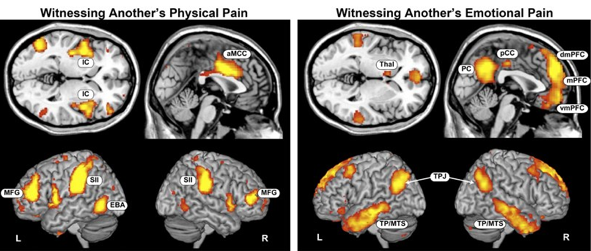|
|
Linda R. Tropp is Associate Professor of Psychology and Director of the Psychology of Peace and Violence Program at the University of Massachusetts Amherst. Her research concerns how members of different groups approach and experience contact with each other, and how group differences in power or status affect views of and expectations for cross-group relations. She also studies how group memberships can be important aspects of the self, and how individuals' identities as group members can influence their feelings about themselves, their groups, their social experiences, and their feelings toward members of other groups. She received the Allport Intergroup Relations Prize from the Society for the Psychological Study of Social Issues for her research on intergroup contact, the Erik Erikson Early Career Award for distinguished research contributions from the International Society of Political Psychology, and the McKeachie Early Career Teaching Award from the Society for the Teaching of Psychology. Dr. Tropp is also a Fellow of the American Psychological Association, the Society of Experimental Social Psychology, and the Society for the Psychological Study of Social Issues, and she currently serves on the editorial boards of Personality and Social Psychology Bulletin and Group Processes and Intergroup Relations. |
Emile Bruneau
|





